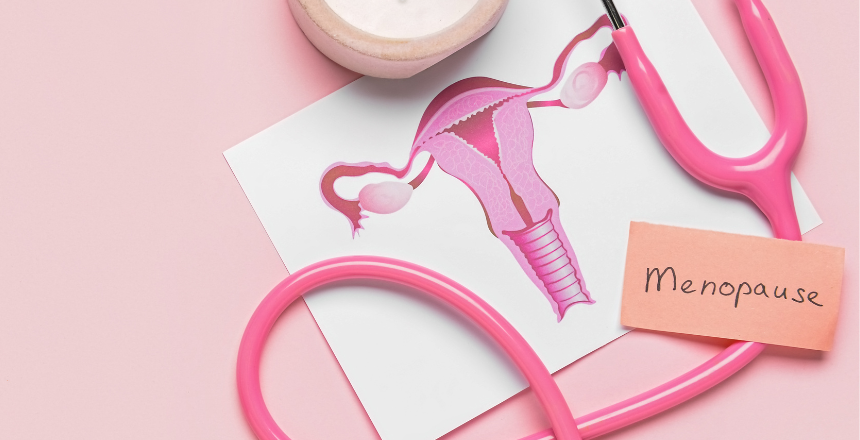Spotlight on menopause: Creating a supportive workplace

Perhaps obviously, women make up close to half of the global workforce with just under a third in managerial or leadership positions. [1] Yet, while the world of employee benefits and engagement has certainly progressed a lot in recent years, when it comes to the natural phase of life that is menopause, the individual and specific health needs of women have long been overlooked by employers and healthcare providers alike. However, interest and attention has been steadily growing, and workplaces are increasingly looking for ways to support women through this stage of life, not only making them happier and healthier, but also more productive. So how can we create a culture of support for women in the workplace?
What is menopause?
Menopause is a gradual and complex process which occurs when the production of sex hormones, such as oestrogen and progesterone gradually reduces and stops impacting a woman’s life in a multitude of ways. The identified symptoms associated with menopause can start to appear as early as in the mid-40s and span from sleep disorder, hot flashes and heart palpitations to increased risks of Alzheimer’s, anxiety, heart disease and osteoporosis. Without the proper support and understanding from employers, continuing to work through this transition can be a true challenge for women, especially considering symptoms can last for seven to fourteen years.
This also puts employers at risk of losing a highly skilled female workforce if they are not able to provide the right environment for them, and increasingly, more awareness is being brought to the issue through various campaigns, including World Menopause Day which we celebrate this month. This time serves as a great reminder of the specific issues that women face with menopause as well as the crucial role that employers can play in supporting this workforce. However, while this is a good start, creating a genuine culture where women are truly supported in the workplace requires work beyond those awareness days, and demands that the wellbeing of women is put at the centre of considerations.
What does holistic support look like?
The first thing employers can do here is ensure that all support is approached holistically, looking at the issue from all angles. For example, helping women to recognise the signs and changes within their body, and encouraging them to take the time to understand what they might be experiencing is key. As with any hormonal changes, it can be hard to tell what is ‘normal’ from what isn’t, especially when each and every person’s experience is different and personal to them. It is vital that they know where to turn to ask questions and put their mind at ease. There are also ways to minimise the impact of the symptoms and treatments that can be taken for associated chronic conditions, which means that seeking medical help and professional advice can provide important support.
On top of this, changes related to menopause are also closely linked to women’s emotional health, which means providing access to specialists and platforms through a dedicated provider, even for younger women, can help with the early identification of symptoms and in turn facilitates their journey in getting the treatment they deserve.
How can we make access to support easier?

Women's health benefits
Prioritising women’s health by including specific benefits in healthcare provisions can help women to feel supported and encouraged to prioritise their health. Healix women’s health pathway facilitates confidential access to an experienced nursing team and consultations with gynaecologists to guide women throughout their journey and ensure they have personalised advice and guidance to manage their symptoms in a positive way.
Digital health platforms are a great way of providing information to women at their own pace, as are organisation-wide webinars to promote knowledge among the workforce about the challenges of working through the menopause and reduce the stigma that surrounds this important issue.
Investing in women’s health during this time can have significant returns for business. Menopause will affect every woman, across a wide age range. Going through these changes, both physically and mentally can be the cause of stress and anxiety for women, which can directly impact their working and home lives. By introducing tailored benefits and innovative ways of promoting engagement with them, employers can offer valuable support to women and promote awareness within the wider workplace too. Creating a culture where women’s health issues are recognised and addressed can reduce sickness absence, and also encourage women to stay in the workforce, thus providing an incredible source of talent for employers.
[1] Women in the Workforce Statistics 2022: Roles and Pay Gap | TeamStage


